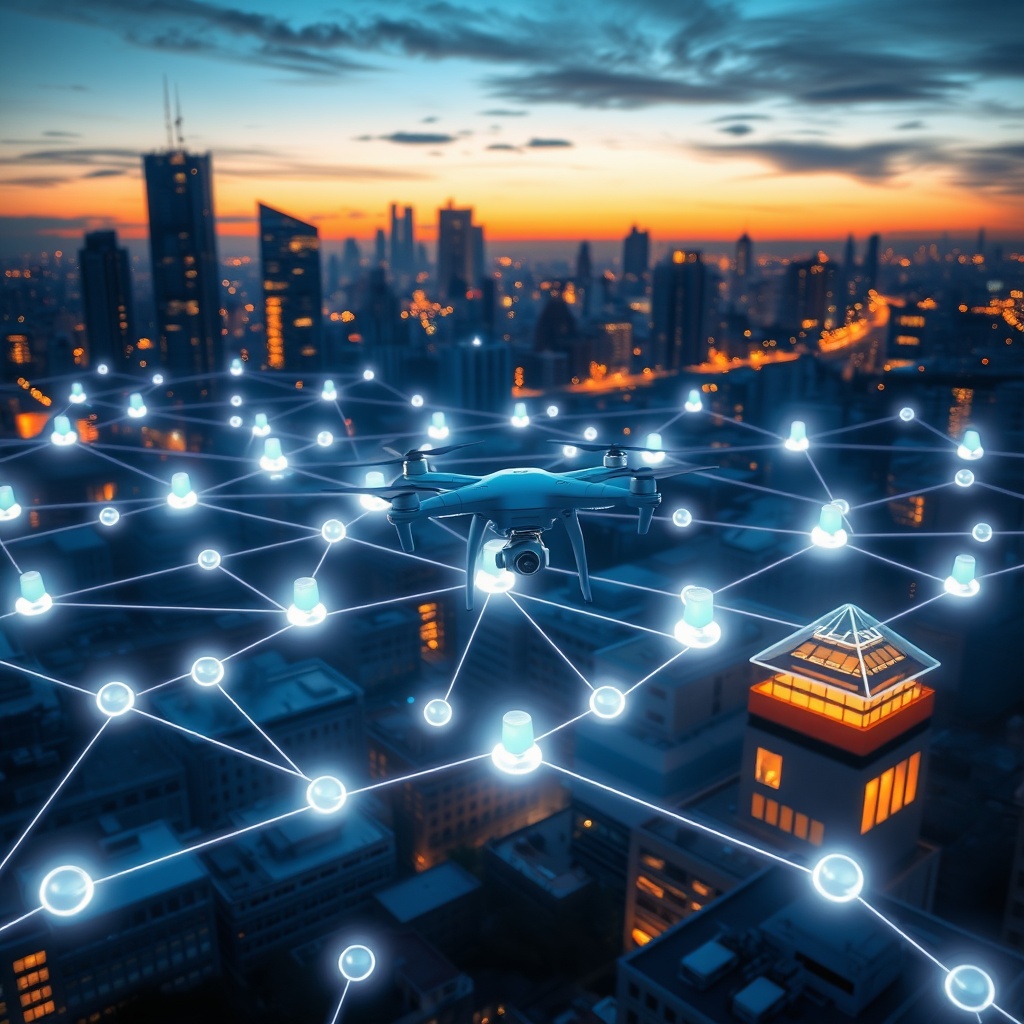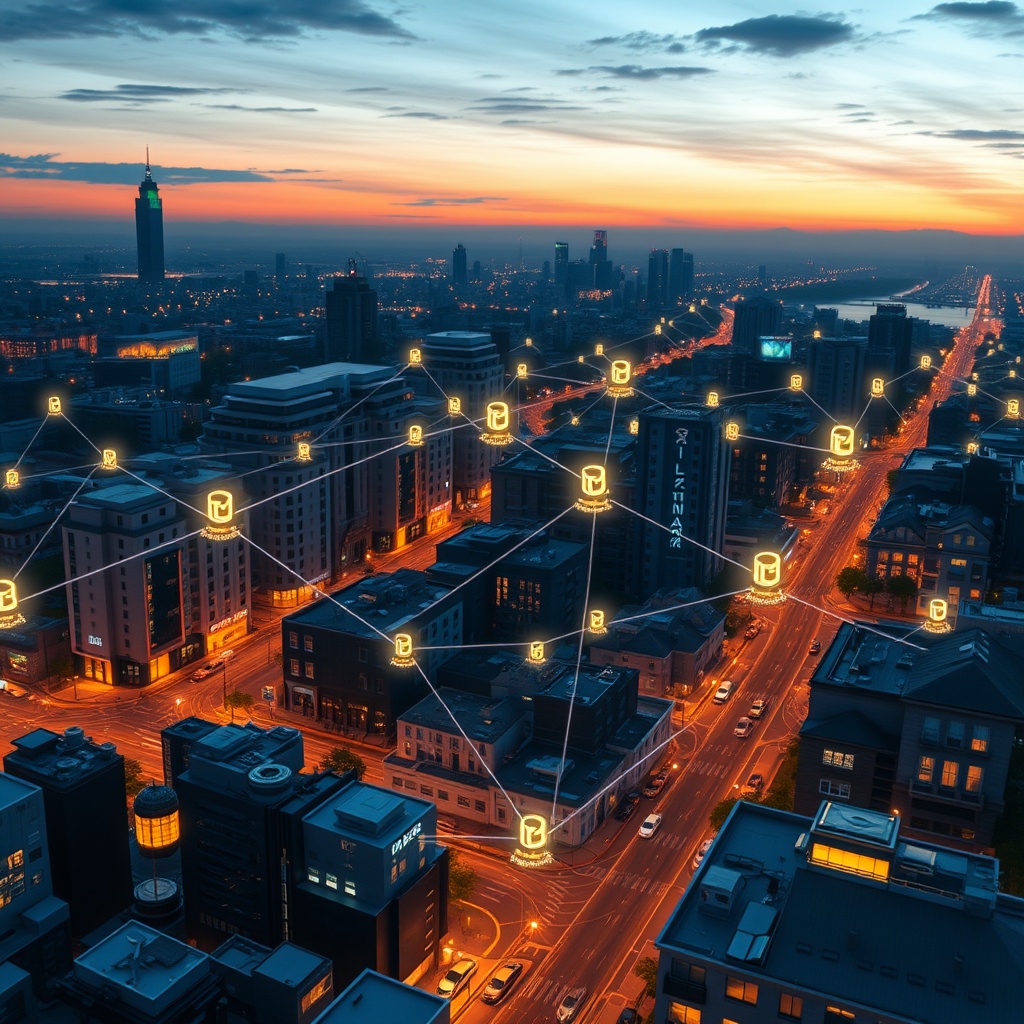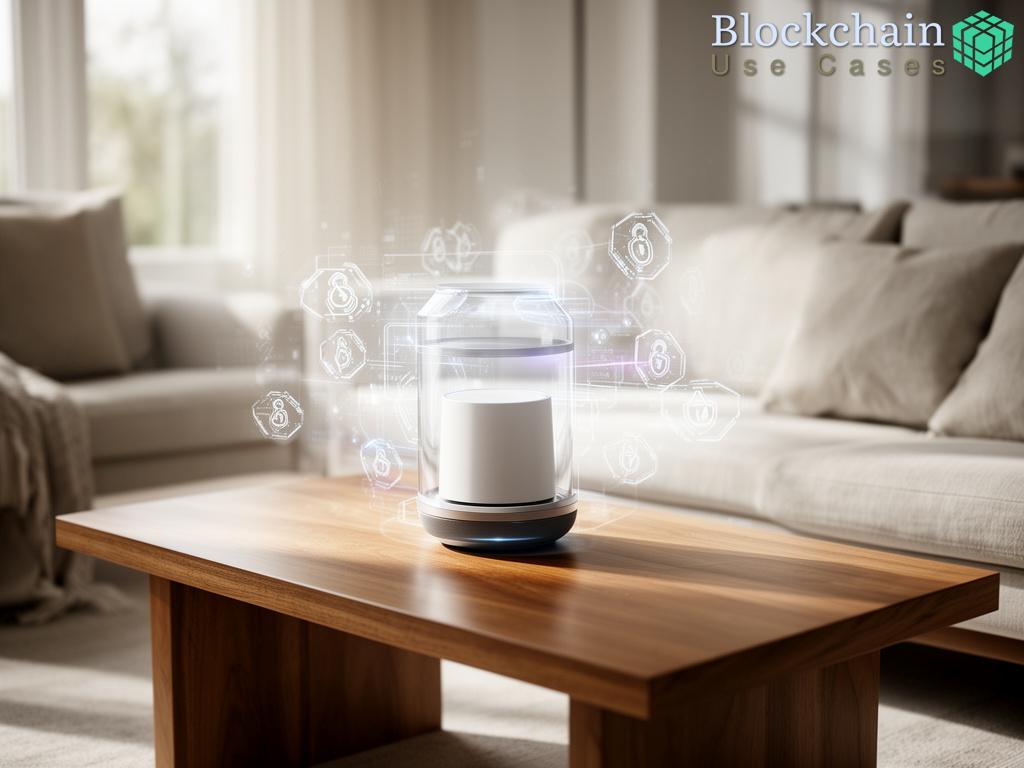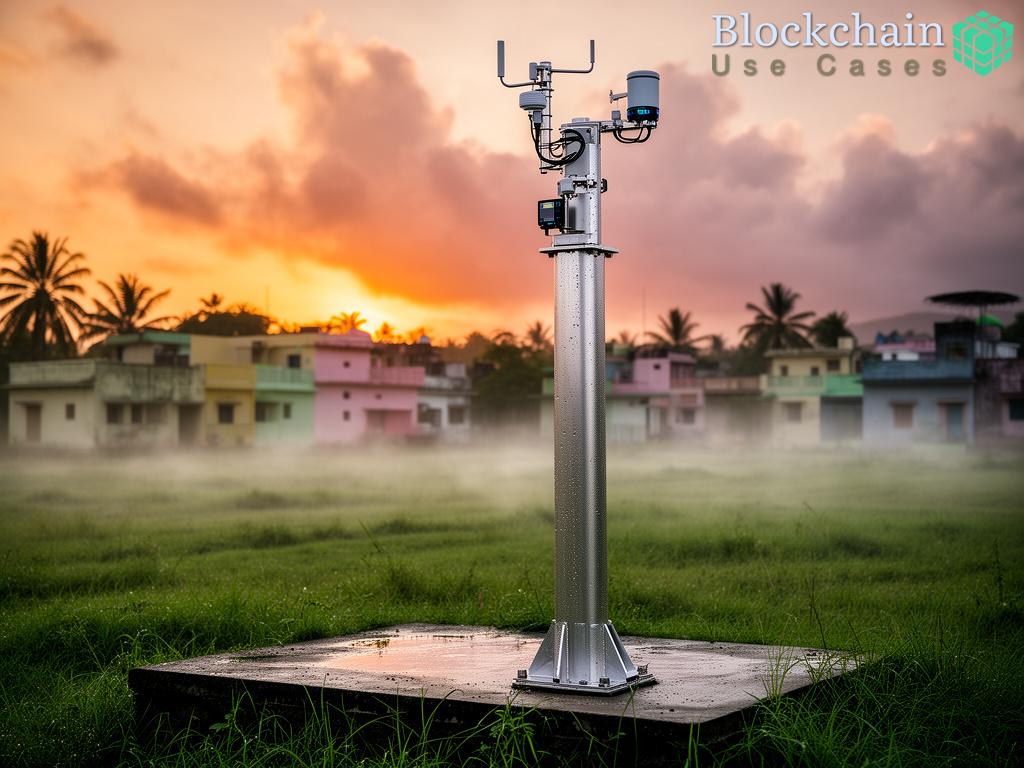Blockchain: The Backbone of IoT Device Discovery

The Internet of Things (IoT) is rapidly evolving, with devices connecting and communicating at an unprecedented scale. However, as the number of devices grows, so does the complexity of managing them. Enter blockchain technology, a game-changer in streamlining IoT device discovery. By leveraging its decentralized nature, blockchain can facilitate seamless communication and identification among devices, ensuring that they can find and interact with one another efficiently.
With blockchain, each IoT device is assigned a unique digital identity stored on a distributed ledger. This identity is immutable and transparent, allowing devices to discover each other without relying on a central authority. This not only speeds up the discovery process but also enhances security, as the risk of spoofing and unauthorized access is significantly reduced.
Enhancing Service Provisioning Through Smart Contracts
Service provisioning is another critical area where blockchain shines. Traditionally, provisioning services in IoT environments involves multiple intermediaries, leading to inefficiencies and increased costs. Blockchain enables the use of smart contracts—self-executing contracts with the terms of the agreement directly written into code. This automation removes the need for intermediaries, allowing for real-time service provisioning that is both quick and cost-effective.
Imagine a scenario where a smart thermostat communicates with an energy provider to adjust settings based on real-time energy prices. With blockchain, this interaction can occur automatically, with the smart contract executing the necessary transactions without human intervention. This not only optimizes energy consumption but also allows for dynamic pricing models that benefit both consumers and providers.
Key Advantages of Integrating Blockchain in IoT
Integrating blockchain into the IoT ecosystem offers a myriad of advantages that can transform how devices interact and share services. Below is a brief overview of the key benefits:
- Decentralization: Eliminates reliance on central authorities, reducing points of failure.
- Enhanced Security: Immutable records protect against unauthorized access and tampering.
- Efficiency: Reduces time and costs associated with device discovery and service provisioning.
- Transparency: Provides a clear audit trail for all transactions and interactions.
- Scalability: Supports the growing number of connected devices without compromising performance.





